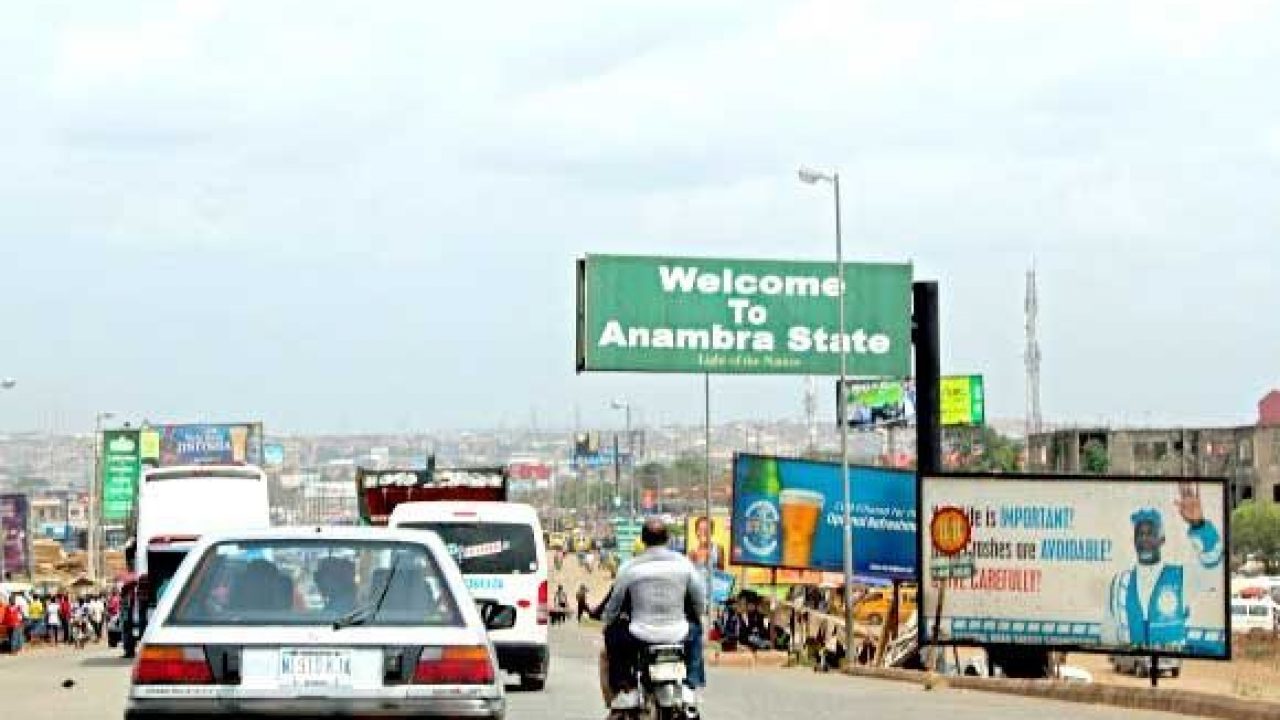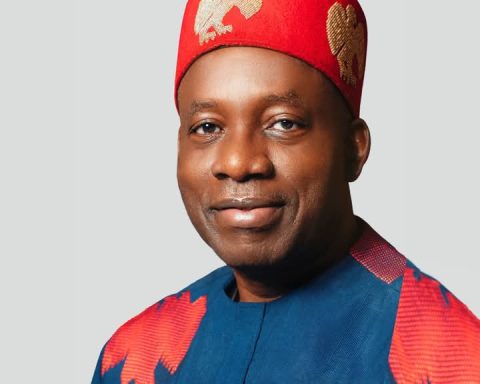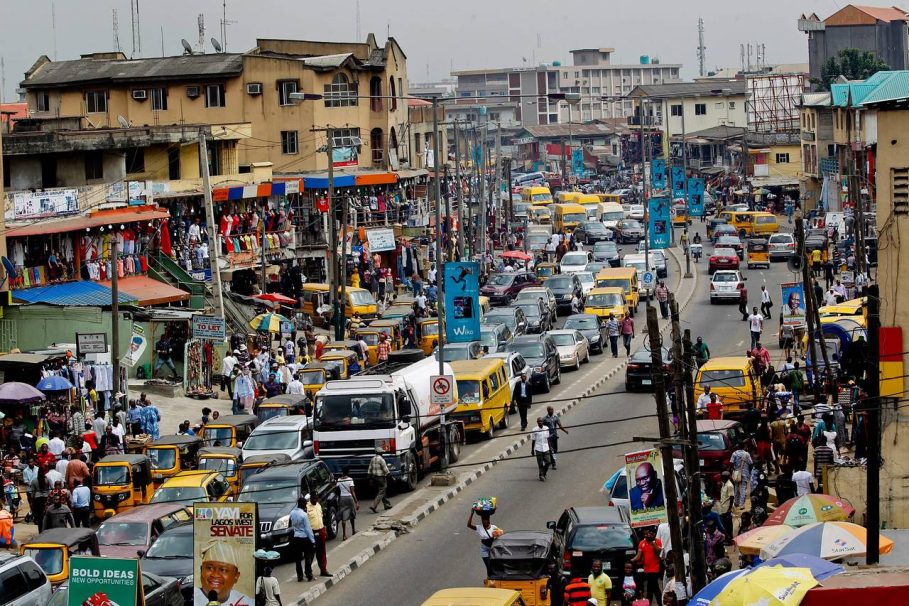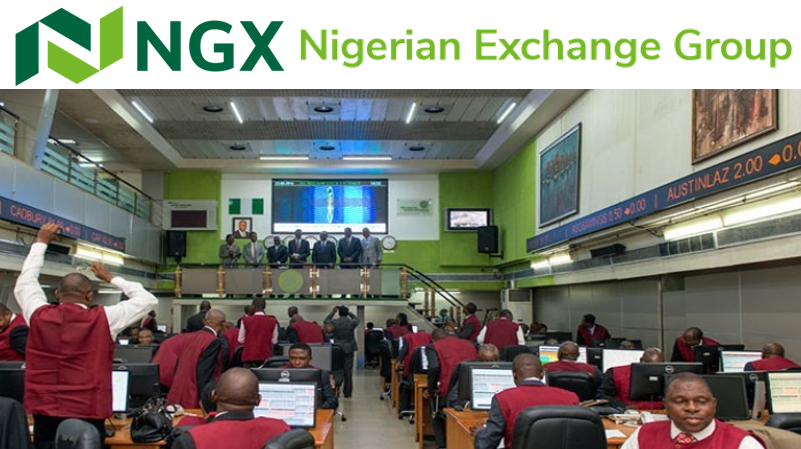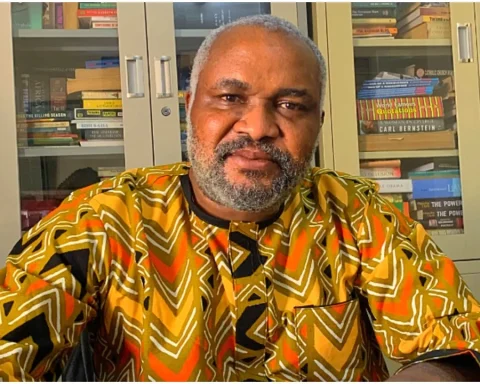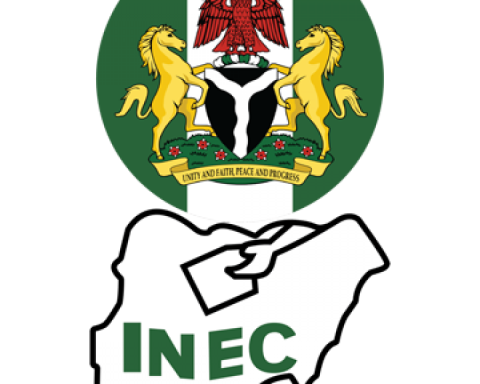Anambra State, a symbol of entrepreneurial marksmanship in South-east Nigeria, has quietly started losing its specter of business success. It rather presents a striking paradox: while many of its industrious sons and daughters excel elsewhere, they falter at home.
For instance, Stanley Uzo, the visionary behind Lagos’s Delborough Hotel, an establishment renowned for its luxury and service, now faces a disheartening reality with his once-promising mega-filling station in Awka, which stands as a ghost yard.
Join our WhatsApp ChannelThis contradiction highlights a broader issue. Despite abundant potential, Anambra struggles to attract and retain its best minds and investments. As the saying goes, “Anambra has people, but the people are not there,” reflecting a tragic disconnect between individual success and collective progress.
Anambra State boasts significant economic potential, characterised by a population exceeding 12 million, making it one of Nigeria’s most densely populated states. The state is home to the largest market in West Africa, Onitsha Main Market. It has a strategic location with access to major transportation networks, including the Onitsha River Port and Anambra Cargo Airport.
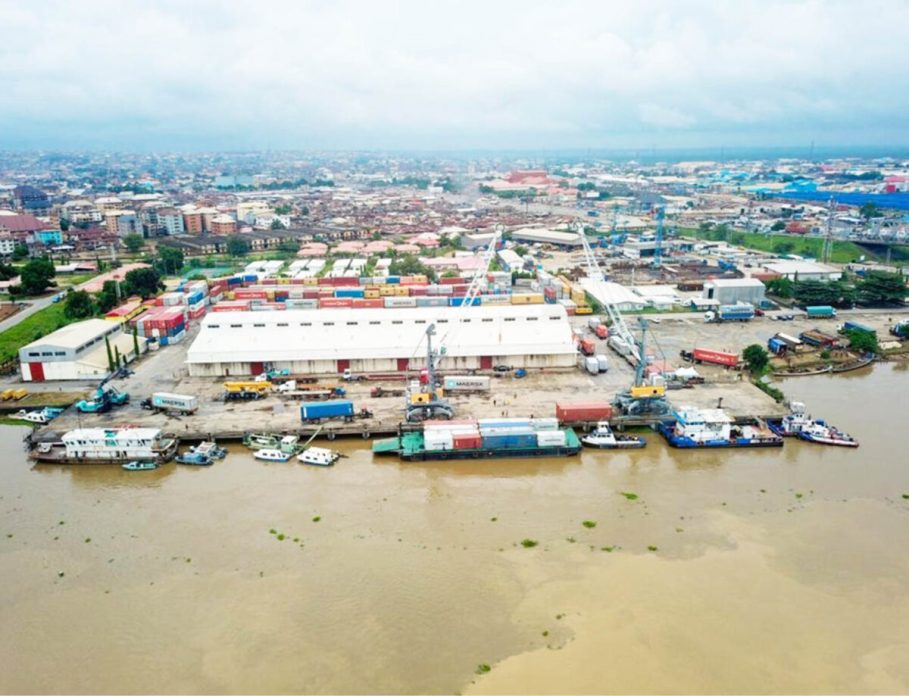
Yet businesses continue to fail, and challenges hinder their growth. Could it be infrastructure deficits or security concerns? Or do lack of governance support issues persist? Without a doubt, inadequate road networks and power supply affect business operations, while security challenges are deterrents to investments.
With iconic establishments like Beautiful Gate Hotel overgrown by grass and CIEN Hotel downsizing staff to just 10% amid impending auction sales, Ikenga Hotel, despite renovations, has failed in Awka; in contrast, Ikenga Hotel in Enugu has flourished. Wonderland Recreation Centre, larger and better than its Abuja counterpart, resembles a kidnapping hideout. This decline occurs in a state known for its business elite; indeed, this highlights a troubling paradox.
READ ALSO: South-east Nigeria’s Gas Pipeline Exclusion: A Legacy Of Marginalisation
Another entrepreneur from Anambra State who has thrived in other regions but faces significant challenges at home is Somtochukwu Ezeaniomenyi, CEO of Som-Tee Group. He has successfully established a multilateral cleaning company but struggles with perceptions of the cleaning industry in Anambra, where it is often undervalued.
Insecurity at the crux
Absolutely, Insecurity is at the crux of the state’s economic failures. In January 2025, the African Action Congress (AAC) criticised Governor Chukwuma Soludo for handling the rising insecurity in Anambra State. During a press conference on January 15, AAC’s chairperson Chioma Grace Ifemeludike highlighted that the state is “struggling with the darkness of insecurity and fear of unknown gunmen.” She noted that in less than four weeks, seven prominent citizens, including clergymen and women, had been abducted.
Consequently, businesses are closing, and rising unemployment fuels further insecurity. Although insecurity intertwines with other challenges, such as inadequate infrastructure and governance issues, it remains a critical barrier to progress.
The Broader Impact
This trend does not only affect individual business owners but has broader implications for Anambra’s development. The decline in business success affects investor confidence; potential investors may perceive the state as unstable or unwelcoming. Consequently, this leads to reduced employment opportunities and stunted economic growth. As businesses close or downsize, unemployment rises, perpetuating a cycle of poverty and limiting consumer purchasing power.
Interestingly, Governor Soludo’s ambitious 2025 budget aims to address these challenges by prioritising infrastructure and economic transformation. However, without effective implementation of supportive policies and incentives, the state’s development may remain hindered, affecting the overall economic landscape.
Ordinarily, Anambra State should be a literary tourist centre where the Literary Creativity Festival mimics the Calabar cultural festival. Consider the array of creative writers from Anambra State who adorn the global stage – Cyprian Ekwensi, Chinua Achebe, Christopher Okigbo, Chukwuemeka Ike, Onuora Nzekwu, Obi Egbuna, Nkem Nwankwo, Ifeoma Okoye, Nathan Nkala, Akachi Ezeigbo and lately Chimamanda Adichie.
However, the tourism sector remains underdeveloped due to ineffective government policies and a lack of incentives for cultural events. While Governor Chukwuma Soludo has initiated projects to promote tourism, significant challenges persist. By investing in cultural festivals and leveraging its literary legacy, Anambra can boost local businesses, create jobs and enhance its economic landscape—ultimately elevating its status as a premier tourist destination.
For Anambra Government
To realise its economic potential, Anambra must prioritise a secure and stable environment for businesses alongside comprehensive strategies to address the state’s broader developmental concerns.
To revitalise Anambra’s economy and support local entrepreneurs effectively actionable steps must be taken. The government should prioritise improved governance and establish transparent systems to ensure accountability.
Targeted policies such as tax breaks and access to low-interest loans for small and medium enterprises (SMEs) are essential for creating a supportive business environment. Investing in infrastructure, including tourism centres such as roads, power supply and internet connectivity will enhance business operations and attract investors. Strengthening community policing is crucial to addressing insecurity. Local entrepreneurs should collaborate on grassroots development projects.
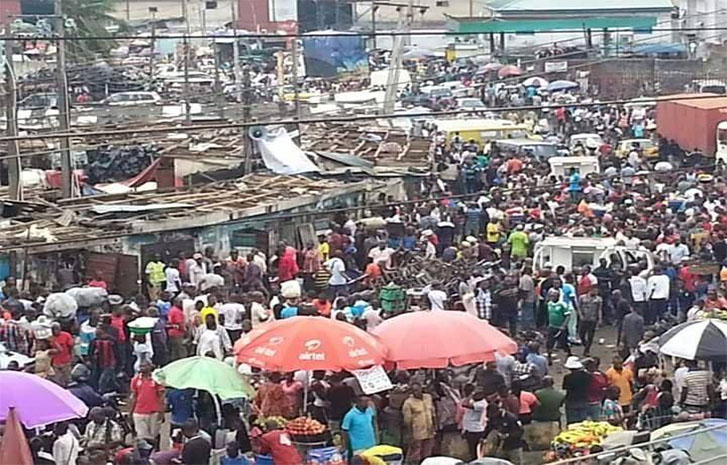
By implementing these measures, Anambra can boost investor confidence and create a vibrant business hub. Thankfully, Governor Soludo ‘s new security measures embodied in the homeland security law (the Agunechemba) and its Ken Emeakayi-led forceful implementation movement could provide a measure of hope in coming weeks and months.
Dr Mbamalu is a Jefferson Fellow, member of the Nigerian Guild of Editors (NGE), communications/Media Consultant and Publisher, Prime Business Africa.
Email: marcelmbamalu2@gmail.com
+2348094000017
Dr. Marcel Mbamalu is a distinguished communication scholar, journalist, and entrepreneur with three decades of experience in the media industry. He holds a Ph.D. in Mass Communication from the University of Nigeria, Nsukka, and serves as the publisher of Prime Business Africa, a renowned multimedia news platform catering to Nigeria and Africa's socio-economic needs.
Dr. Mbamalu's journalism career spans over two decades, during which he honed his skills at The Guardian Newspaper, rising to the position of senior editor. Notably, between 2018 and 2023, he collaborated with the World Health Organization (WHO) in Northeast Nigeria, training senior journalists on conflict reporting and health journalism.
Dr. Mbamalu's expertise has earned him international recognition. He was the sole African representative at the 2023 Jefferson Fellowship program, participating in a study tour of the United States and Asia (Japan and Hong Kong) on inclusion, income gaps, and migration issues.
In 2020, he was part of a global media team that covered the United States presidential election.
Dr. Mbamalu has attended prestigious media trainings, including the Bloomberg Financial Journalism Training and the Reuters/AfDB Training on "Effective Coverage of Infrastructural Development in Africa."
As a columnist for The Punch Newspaper, with insightful articles published in other prominent Nigerian dailies, including ThisDay, Leadership, The Sun, and The Guardian, Dr. Mbamalu regularly provides in-depth analysis on socio-political and economic issues.


